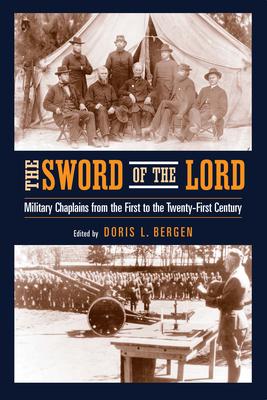The Sword of the Lord is the first book to examine military chaplains and the development of the military chaplaincy across history and geography--from the first to the twenty-first century, from Europe to North America. The scope of this work reveals the astonishing fact that the military chaplaincy has existed in a recognizable form for more than 1,600 years. Contributors analyze specific historical moments in the development of the chaplaincy, beginning in antiquity and progressing through the Crusades, the English Civil War, the American Civil War, both World Wars, and the Vietnam War.
Four key themes connect the chapters of this book. The first is the basic issue of historical development over time. Where and when did the military chaplaincy begin and how has it changed? A second theme involves the emotionally and spiritually intense relationships that develop between chaplains and the men and women they serve. How have military chaplains dealt with the enormous responsibility of ministering to soldiers about to kill or possibly be killed? The third theme is that of chaplains' often precarious position between military and religious authorities. Are military chaplains primarily morale boosters, retained by rulers and military commanders because they prepare soldiers to fight hard and face death bravely? Or are they above all pastors, caring for the spiritual needs of their constituency? How do they balance conflicting duties and demands? A fourth related theme is the profound moral and theological dilemmas raised by the chaplaincy. Even under the least morally ambiguous circumstances, chaplains work in the midst of violence, coercion, and suffering. How have they understood their tasks and carried them out in deeply troubled and brutal times? What are the ethical implications of their work?
In addition to contributions by historians, this book includes vivid accounts by two former chaplains--an American rabbi who served in World War II and an American Catholic priest who served in Vietnam. This remarkable work treats with care and sensitivity a fascinating and important topic. Anyone interested in military history, religious studies, ethics, or pastoral care will profit from reading this book.
